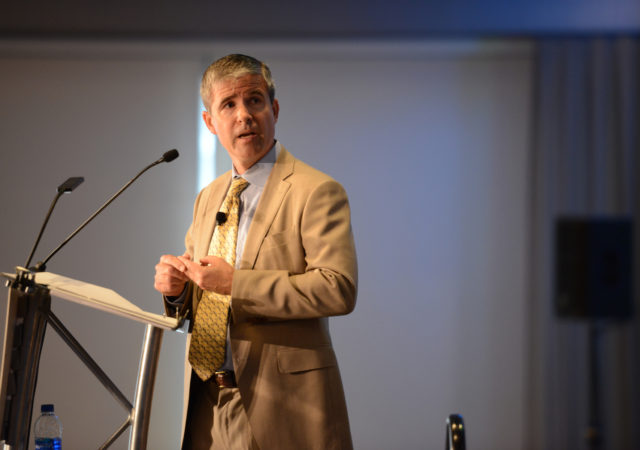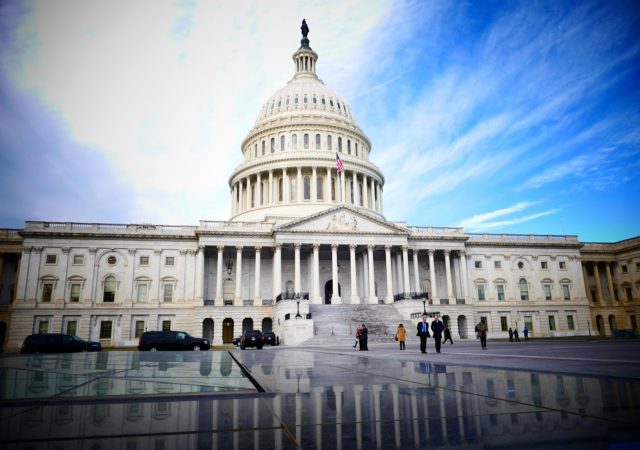Vision Real Estate Partners recently welcomed a group of young commercial real estate leaders to its new 20,000-square-foot amenity center at Warren Corporate Center in Warren, where NAIOP New Jersey held its latest “Evening with a Legend” dinner event.
We’ve heard this story before — it’s time for a different ending
Gov. Phil Murphy will give his budget message to the Legislature on Tuesday, March 5. As the voice of the commercial real estate development industry in New Jersey, NAIOP’s attention will be focused on the messaging that emanates from Trenton. Given the headlines over the last several months, we are rightly concerned about the state’s fiscal health and its ability to withstand a recession, which is all but certain by 2020.
Incentives are investments that build over time
Gov. Phil Murphy’s economic vision calls for a State of Innovation that builds a stronger and fairer economy in New Jersey and sets goals related to faster job growth, faster median wage growth, increased venture capital investment, closing the racial and gender wage employment gaps and encouraging thriving urban centers. These are laudable goals and I believe we will get there, if we are careful in how we invest our scarce financial resources, which include incentives for the workforce so desperately needed and the targeted industries that generate the jobs required to help achieve these goals.
Parting thoughts: Outgoing NAIOP New Jersey president reflects on chapter’s growth — and continued priorities
As Dave Gibbons wraps up his two-year term as NAIOP New Jersey’s president, he says the organization has made strides with public policy goals such as a new performance bond law and liquor license reform, while growing to nearly 850 members to become the association’s sixth-largest chapter in the country. But he believes there is always more work to be done in both the legislative arena and when it comes to networking and recruitment.
Washington preps for divided government in 2019: New Jersey may benefit
A newly elected Congress returns in January with Republicans enjoying a slightly expanded majority in the Senate and Democrats taking charge of the House of Representatives for the first time since 2010. I believe that the shift of power in the House to a Democratic majority has opened some opportunities for those of us in New Jersey commercial real estate.
Policy watch
I’ll admit it: The prospect of writing about technical, complex environmental policy can be daunting and frustrating. Especially when it’s not your everyday beat. But there’s no getting around the importance of one policy in particular, at least when it comes to the future of New Jersey commercial real estate. If you polled a group of developers and service providers, many would tell you that the state’s Licensed Site Remediation Professional program has been critical, helping to unlock new opportunities at formerly contaminated sites and adding to the momentum of red-hot product types like industrial and multifamily. Some might find it hard to believe that next May will mark a decade since the program was born under the landmark Site Remediation Reform Act. But with that milestone fast approaching, the LSRP system is getting a fresh look from policymakers and stakeholders.









